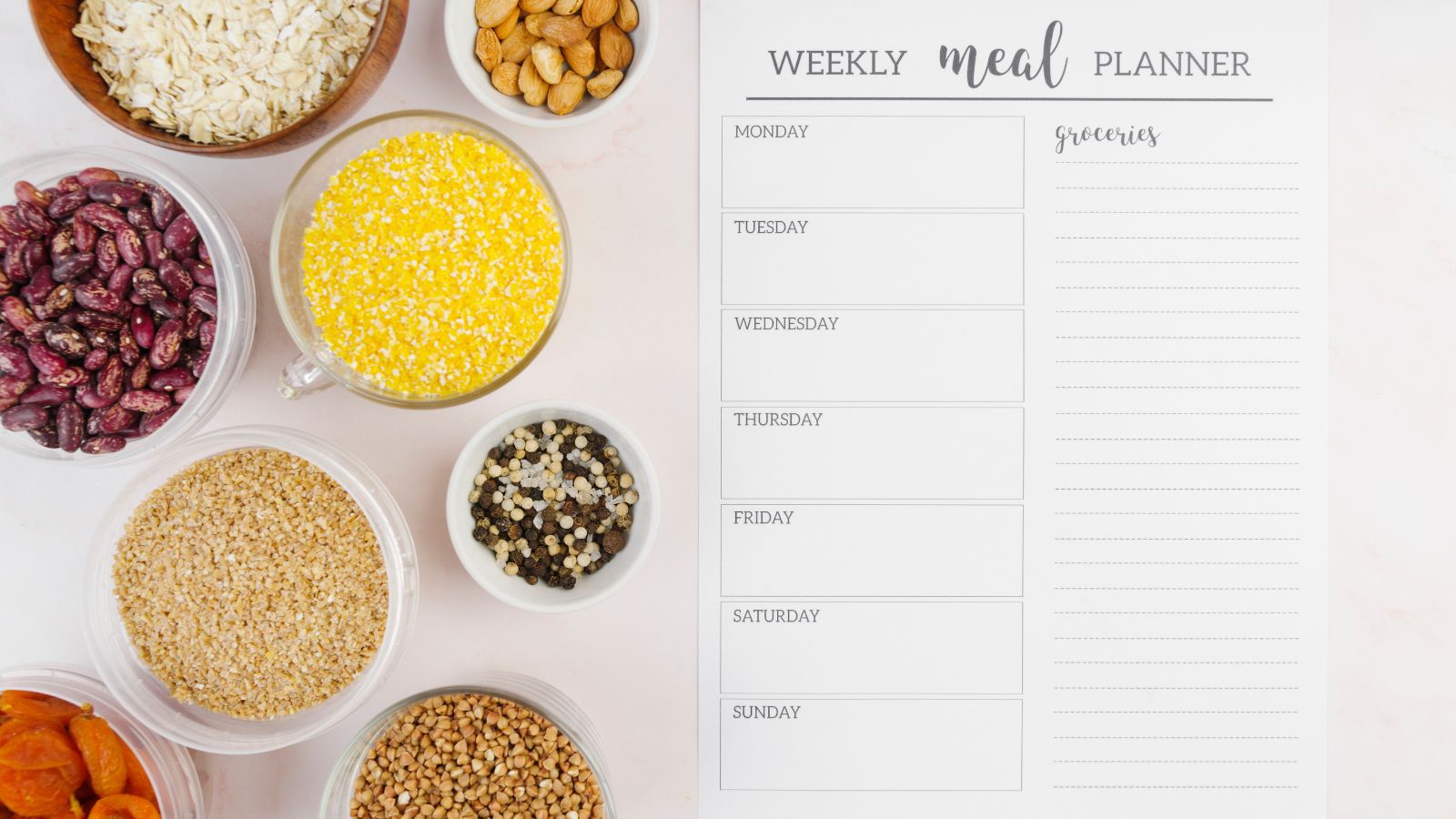How To Make Time For Meals As An Older Person

Maintaining a healthy and consistent meal schedule becomes more important than ever as you get older. Good nutrition isvital for supporting immune function, energy levels, mental clarity, and overall wellbeing. Yet, for many older adults, making time for regular, balanced meals can become increasingly difficult due to mobility issues, medical appointments, or a changing social landscape. Fortunately, there are practical strategies to help older individuals prioritize their nutritional needs, ensuring mealtimes remain a central and enjoyable part of the day.
Understand the Importance of Regular Meals
Skipping meals or resorting to convenience foods can lead to a host of health problems including poor digestion, low blood sugar, and reduced muscle mass. Regular meals help regulate metabolism and ensure a consistent intake of essential vitamins and minerals. Recognizing the importance of proper nutrition is the first step in making it a priority.
Create a Simple Meal Plan
Planning ahead removes the guesswork and stress from mealtime. A weekly meal plan can help older adults—and their caregivers—ensure that meals are balanced, appealing, and easy to prepare. It also reduces trips to the grocery store and minimizes waste. Consider incorporating familiar dishes that are easy to prepare, while occasionally introducing new recipes to keep things interesting.
Use Time-Saving Cooking Tools
Modern kitchen gadgets can make a world of difference. Slow cookers, air fryers, and microwaves can help prepare wholesome meals with minimal effort. Making meals in batches and freezing portions for later is another excellent way to ensure that nutritious meals are always on hand, even on days when energy levels are low.
Schedule Mealtimes Like Appointments
Treating meals as fixed appointments rather than flexible options can help establish a consistent routine. Set specific times for breakfast, lunch, and dinner, and try to stick to them daily. Visual reminders—like notes on the fridge or phone alarms—can be useful for maintaining consistency.
Combine Meals With Social Time
Mealtimes can also serve as valuable social interactions, which are essential for mental and emotional health. Whether it’s inviting a neighbor over for lunch, joining a local senior dining club, or having virtual meals with family via video call, sharing meals with others can make eating more enjoyable and meaningful.
Make Meals Accessible
Physical limitations can sometimes make meal preparation difficult. Rearranging the kitchen so that essential items are within easy reach or using adaptive kitchen tools can enhance independence. If cooking becomes too challenging, consider meal delivery services that offer nutritious options specifically designed for older adults.
Seek Support When Needed
Sometimes, making time for meals requires additional help. Family members, friends, or professional caregivers can assist with grocery shopping, cooking, or simply providing company during meals. In some cases, transitioning to a setting that offers built-in support for daily meals may be the best option.
For example, a Cheshire care home like Corbrook Park in Audlem provides residents with not only comfortable living arrangements but also daily access to nutritious, chef-prepared meals in a sociable and supportive environment. This takes the burden off individuals who may find meal planning and preparation difficult, ensuring they receive the nourishment they need without the stress.
Stay Hydrated and Snack Smart
In addition to three main meals, having healthy snacks on hand and staying hydrated during the day is crucial. Foods like yogurt, fruit, nuts, and whole-grain crackers offer quick, nutrient-dense options. Keeping a water bottle nearby and sipping on it regularly can help meet hydration needs, especially since the sense of thirst can diminish with age.
Listen to Your Body
Lastly, it’s important for older adults to listen to their bodies. Appetite changes are normal with age, but they should be discussed with a healthcare professional if they become significant. Tailoring meals to accommodate preferences, portion sizes, and any dietary restrictions ensures that food remains both nourishing and enjoyable.





